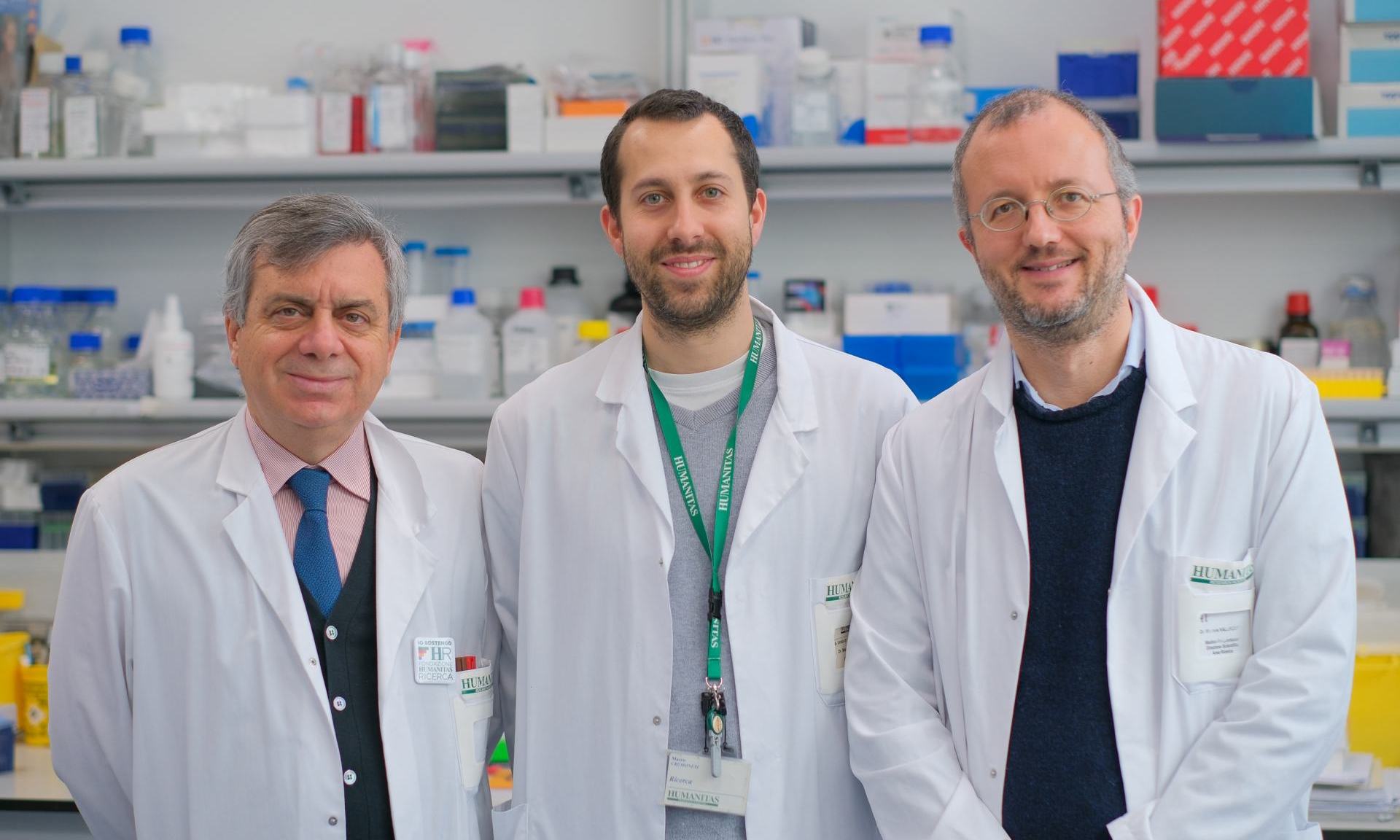Heart Failure: autoimmune mechanism in disease progression enables vaccine therapy

A study conducted at Humanitas has uncovered that the progression of heart failure is fueled by an autoimmune response targeting stressed heart tissue. Researchers have developed and tested a prototype vaccine that reduces inflammation and alleviates symptoms in a laboratory model of the condition
Non-ischemic heart failure has long been considered a mechanical-metabolic disorder, where the heart muscle, weakened by aging or increased workload from narrowed blood vessels, struggles to pump blood efficiently. However, new research from the IRCCS Humanitas Research Hospital highlights a significant role for an autoimmune response in driving the disease. T lymphocytes, a type of immune cell, recognize stressed heart tissue due to specific stress-induced molecules, infiltrate the heart, and initiate inflammatory processes that compromise its function.
This discovery opens the door to innovative treatments. Scientists identified key molecules that trigger the autoimmune reaction and used them to create a prototype vaccine. Unlike conventional vaccines that boost immune activity, this “tolerizing” vaccine retrains the immune system to prevent harmful activation. In experimental disease models, the vaccine effectively reduced inflammation and improved heart function.
The study, published in Circulation Research, was led by Marinos Kallikourdis, Associate Professor at Humanitas University and Group Leader of the Adaptive Immunity Laboratory, and Gianluigi Condorelli, Full Professor at Humanitas University, Director of the Cardiology Research Program and Head of the Cardio Center at IRCCS Humanitas Research Hospital.
“For the first time, our work demonstrates that non-ischemic heart failure has a strong autoimmune component. Its progression is driven by the recognition of specific molecules – known as autoantigens – by T lymphocytes. Moreover, such molecules are sufficient to produce symptoms, which can be mitigated by targeting the immune activation mechanism,” explained Kallikourdis and Condorelli. “Although our findings are currently limited to an experimental model of the disease, the next steps involve validating these results in clinical settings and developing safe methods to bring these solutions to patients. It’s a long road, but one worth traveling.”
The Immune System and Its Impact on Heart Failure
Heart failure is a widespread and debilitating condition, affecting around 600,000 people in Italy, including one in ten individuals over the age of 65. In industrialized nations, it remains a leading cause of disability and mortality among the elderly.
Although treatments such as ACE inhibitors, sartans, aldosterone antagonists, and beta-blockers are available, the search for more effective therapies continues to pose a major challenge in modern cardiology. Humanitas is leading the way with groundbreaking research aimed at addressing this critical need.
“Over the last decade, advancements in cardio-immunology have revealed the critical role of inflammation and immune cell recruitment in heart failure progression. Without these processes, the disease would not advance to the severe condition we know today,” noted Prof. Gianluigi Condorelli. “This study, published in Circulation Research, offers new insights: for the first time, we have demonstrated that heart failure have many features of an autoimmune disorder.”
Heart Failure as an Autoimmune Disease
Using novel methods developed at Humanitas to analyze proteins involved in immune processes, scientists studied a laboratory model of heart failure. They identified key molecules produced by the stressed heart that activate pro-inflammatory immune processes.
“In addition to demonstrating in the laboratory that these molecules are sufficient to activate the immune system and impair heart function, we analyzed blood samples from patients with heart failure and detected immune cells capable of recognizing those very molecules: further evidence of their clinical relevance” notes Marco Cremonesi, a researcher at Humanitas and one of the lead authors of the study, alongside Elisa Martini and Arianna Felicetta.
Finally, the team developed and tested a prototype tolerizing vaccine that suppresses – rather than stimulates – the immune response, promoting tolerance to the identified molecules. “These preliminary experiments demonstrate that recognizing heart failure as a disease with strong autoimmune features opens the door to innovative and more effective therapies,” said Marinos Kallikourdis. “The prototype tolerizing vaccine we tested exemplifies how cardio-immunology can revolutionize cardiology by leveraging immunology-based therapies to better treat cardiovascular diseases.”